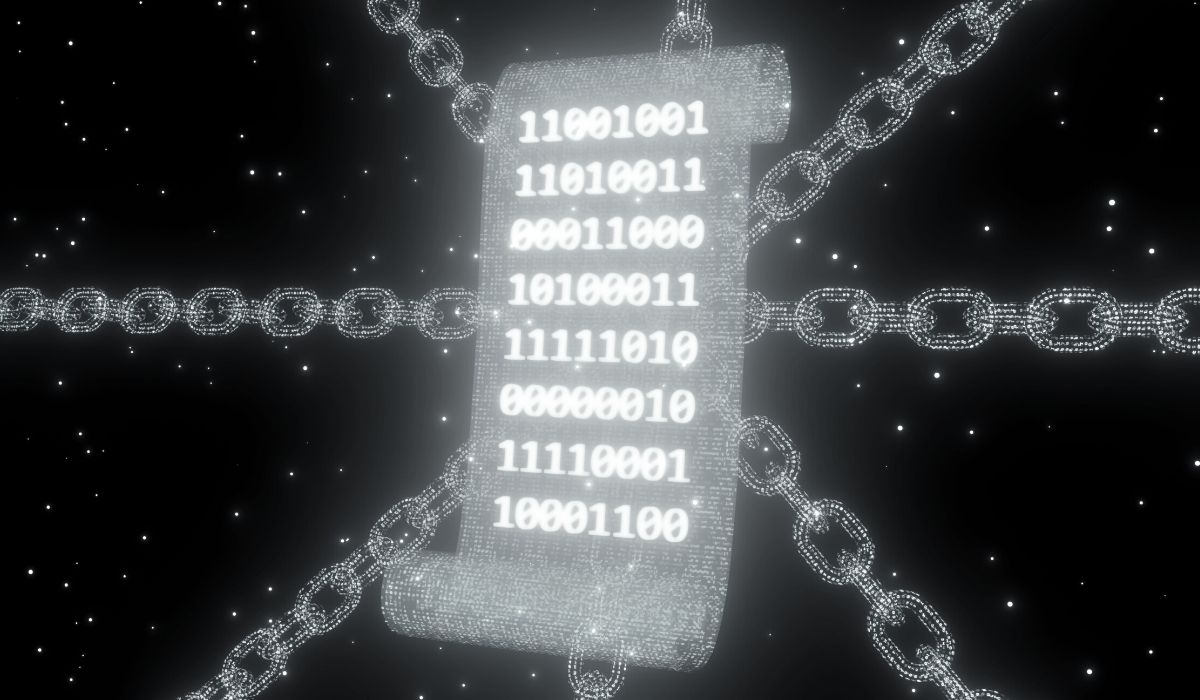Smart contracts are probably the most essential aspect of blockchain technology. Simply put, they are contracts that operate on their own in which the details of the contract are written in lines of code that cannot be changed no matter what. This article will help you understand more about smart contracts; what they are, how they work, the problems they solve, and the role they play in the crypto/blockchain space.
The Creation of Smart Contracts
The concept was first introduced by computer scientist Nick Szabo in 1994, way before Bitcoin—the first cryptocurrency ever—was created. Szabo’s idea was to store contracts using a distributed ledger. The only difference between smart contracts and normal contracts is that smart contracts are completely digital, meaning they are just a computer program stored inside a blockchain. Nick Szabo defined smart contracts as automated transaction protocols that carry out contractual terms. Nick Szabo had this idea years over a decade before the existence of blockchain technology. He even wrote a book called ‘Smart Contracts: Building Blocks for Digital Free Markets’.
Why Smart Contracts?
Contracts are used as proof when starting a new venture or purchasing a new product. The cumbersome process of traditional paperwork and contracts involves expensive fees, third parties, and the possibility of manual errors.
A smart contract’s main objective is to make business and trading easy between either unknown or known parties, without needing an intermediary. Smart contracts reduce the rigidity and expenses inherent with traditional contracts whilst still maintaining validity and legitimacy. They offer simplicity, confidentiality, and accuracy. Smart contracts could come in the form of tokens, like Ethereum’s ERC-20, but not all smart contracts are tokens. Most smart contracts are written on Ethereum’s blockchain using something called ‘solidity’.
Smart contracts are immutable. This means that they cannot be changed because they are saved on the blockchain. They are sometimes called “if this, then that”, meaning that if this triggers them, then that will happen. These contracts will get activated automatically as soon as the terms of the content are made.
Since smart contracts are stored on a distributed network, there can’t be any discrepancies. The whole point of smart contracts is to remove the need for a middleman/third party. No need to use third-party companies when making transactions and this saves a lot of money. It makes transactions safer, easier, and cheaper.
How Smart Contracts Work
Traditionally, the procedure of selling and buying a property necessitates a large amount of paperwork as well as communication with various parties. Aside from the intricacy of communication, there is also the potential for a data breach. In today’s world, most people who desire to purchase or buy property need an intermediary. These intermediaries are in charge of dealing with the paperwork. They serve as intermediates in the overall process, negotiating and managing deals, and of course, you have to pay for their services. With smart contracts, it’s easy.
Let’s say you want to buy a property and you and the car dealer make a smart contract containing details of your agreement with the seller. The details can be as simple and straightforward as “If party A pays party B 20ETH, then they get full ownership of the property.” Now once the contract has been made, it cannot be changed. But the minute you trigger the action (pay 20ETH), the property belongs to you. No delays, no hidden fees.
Bottomline
With the next-generation blockchains now turning into reality, the technology has matured, and we may soon see smart contracts used on a worldwide scale across hundreds of enterprises and government agencies.
The possibilities of smart contracts are unfathomable. They can be used for both minor agreements between two people and big contracts for governments and businesses. They enable buyers and sellers to trace their transactions through the supply chain, increasing trust.










